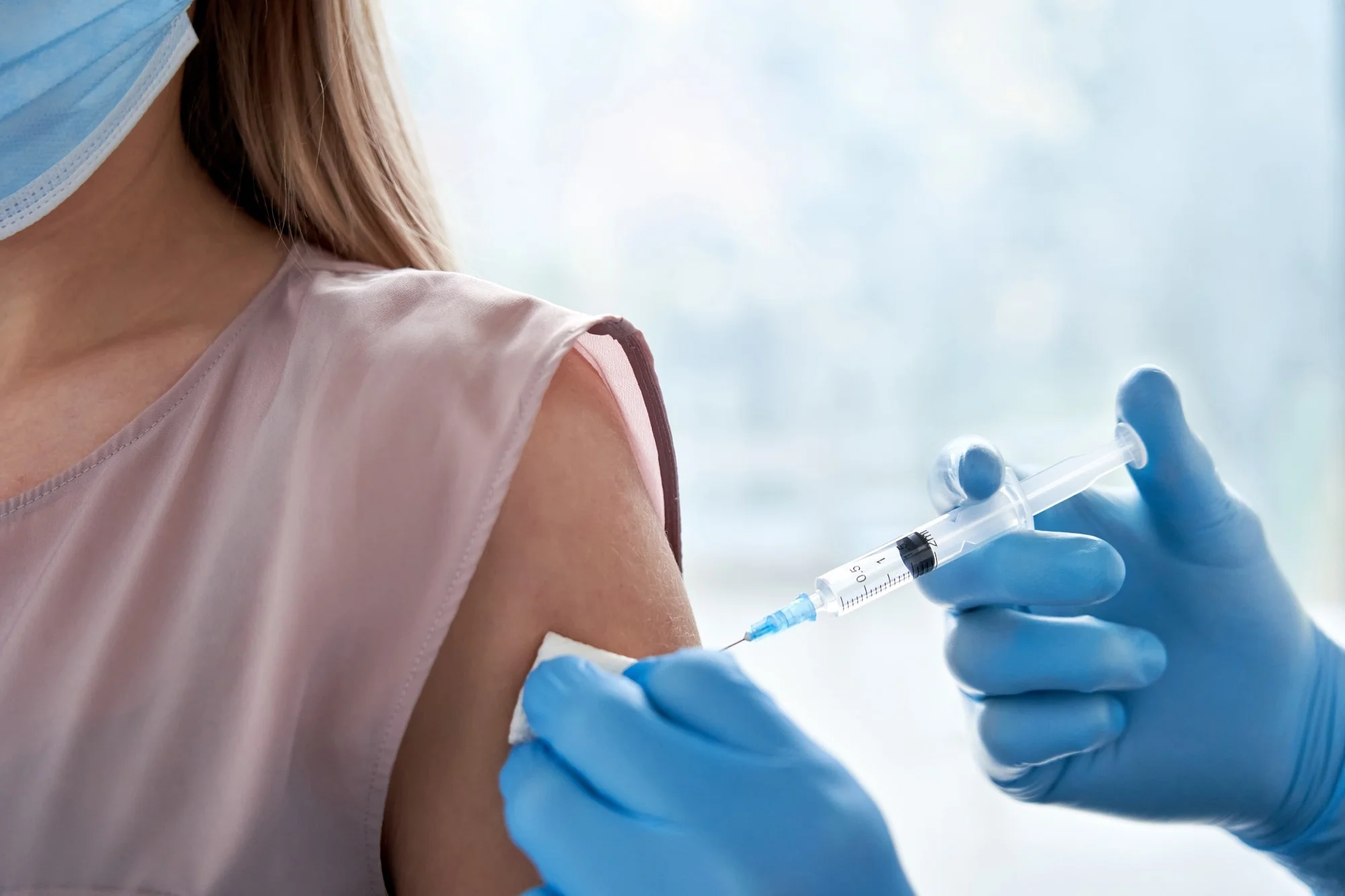
The Power of Vaccination: Protecting Our Health and Communities
Introduction
Vaccination is a cornerstone of modern medicine and public health, playing a crucial role in safeguarding individuals and communities against a wide range of infectious diseases. Through the development and administration of vaccines, we have achieved remarkable progress in preventing and controlling deadly illnesses, improving overall health, and even eradicating certain diseases. In this article, we will explore the importance of vaccination, the science behind it, and its far-reaching benefits for individuals and society.
The Science of Vaccination
Vaccines work by stimulating the immune system to produce an immune response without causing the disease itself. They typically contain harmless fragments of the pathogen, weakened or inactivated forms of the pathogen, or synthetic components that mimic the pathogen’s structure. When administered, vaccines prompt the immune system to recognize and remember these components, so it can respond rapidly if the person is exposed to the actual disease-causing pathogen in the future.
Benefits of Vaccination
- Disease Prevention: Vaccines are incredibly effective in preventing infectious diseases. They have helped eliminate or significantly reduce the incidence of once-deadly diseases like smallpox, polio, and measles. Routine childhood vaccinations, such as those for measles, mumps, and rubella (MMR), protect against multiple diseases with a single shot.
- Herd Immunity: When a large proportion of a community is vaccinated against a disease, it creates herd immunity. This makes it harder for the disease to spread, protecting those who cannot receive vaccines due to medical reasons, such as allergies or weakened immune systems, or for other reasons like age.
- Reducing Healthcare Burden: Vaccination reduces the number of cases, hospitalizations, and deaths from vaccine-preventable diseases. This, in turn, eases the burden on healthcare systems and resources, ensuring that hospitals can provide care to all who need it.
- Cost-Effective: Vaccination is often more cost-effective than treating the diseases they prevent. The economic savings from preventing illness, disability, and premature death are substantial.
- Global Health: Vaccination campaigns have contributed to the global health community’s ability to combat epidemics and pandemics. The development and distribution of vaccines for COVID-19, for example, have been a game-changer in the fight against the virus.
Common Vaccinations
Numerous vaccines are available to protect against various diseases. Some of the most well-known vaccinations include:
- Measles, Mumps, and Rubella (MMR): This vaccine protects against three contagious diseases and is typically administered during childhood.
- Polio Vaccine: Polio has been largely eradicated worldwide due to widespread vaccination efforts.
- Influenza Vaccine: An annual flu shot helps reduce the spread of seasonal influenza.
- Hepatitis B Vaccine: Protects against hepatitis B, a potentially severe liver infection.
- Tetanus, Diphtheria, and Pertussis (Tdap): Provides immunity against tetanus, diphtheria, and pertussis (whooping cough).
- COVID-19 Vaccines: Multiple vaccines have been developed to combat the COVID-19 pandemic, including mRNA vaccines and viral vector vaccines.
Conclusion
Vaccination is one of the most significant achievements in the history of medicine, contributing to longer and healthier lives for millions of people worldwide. By ensuring that individuals are immunized against preventable diseases, we not only protect ourselves but also contribute to the well-being of our communities. Continued research and development of vaccines, as well as equitable access to vaccination, remain vital for maintaining and improving global public health. So, when it’s your turn, roll up your sleeve and get vaccinated – it’s a simple yet powerful way to protect yourself and those around you.

